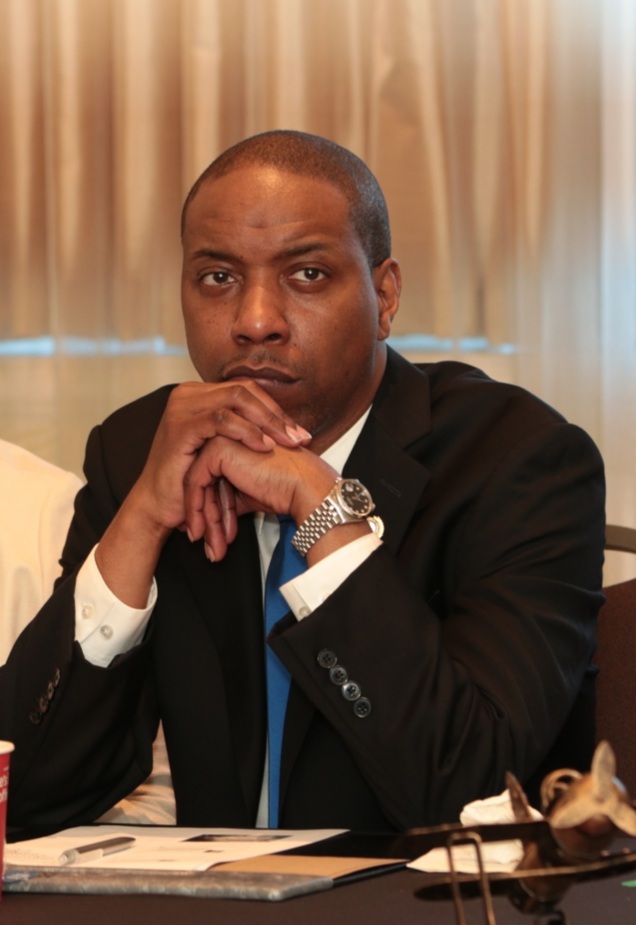Assemblyman Holley Calls for Public Hearings About “Contact Tracing”

Assemblyman Holley Calls for Public Hearings About “Contact Tracing”
New Jersey Lawmaker Expresses Concern Regarding Personal Information Accessed by Corporations and Government; Calls for State Legislatures Across Country to Hold Hearings, As Well
TRENTON – May 11, 2020 – As state and federal leaders plan for the slow, steady reopening of New Jersey, “contact tracing” is a strategy that will likely be used to limit the spread of COVID-19.
But how would “contact tracing” be used and how does it affect personal privacy?
Those are questions from Assemblyman Jamel Holley (D-20th Dist.), vice chair of the Assembly Homeland Security and Domestic Preparedness Committee and member of the Assembly Health Committee, who is calling for in-person public hearings on the topic as soon as New Jersey lifts the ban on public gatherings.
“Contact tracing takes us to an entirely new level of invasiveness, in which we no longer have any control of who has information about us and what that information is being used for,” Holley said.
The problem is that such little information is known, as thousands of contact tracers would fan across the state, mapping the exposure risk between infected individuals and those who come in contact. Holley is concerns about a potential over reach; tracking people’s whereabouts could produce data ripe with potential abuse.
In many cases, contact tracing hinges on mobile applications, which require data from GPS or Bluetooth tracking, following a person’s movement and who they interact with. According to published reports, Apple and Google have paired up to provide software to public health authorities that they claim is sensitive to user privacy and can help automate the notification of people who may have been exposed to COVID-19.
That software relies on Bluetooth, in which public health authorities can make applications that exchange anonymous identifiers between users when they’re a few feet apart from one another. If one user is diagnosed with the virus and inputs it into the app, the other user’s phone will be notified that they came into contact with someone who tested positive. The public health authority that operates the app can then offer more guidance.
Holley said he appreciates any efforts to maintain privacy, but questioned what happens when different states use different applications. Moreover, once companies begin this nationwide roll-out, will they ever stop collecting this data?
“My concern is invasive surveillance,” Holley said. “When will it end? Before New Jerseyans and others across the country agree to an initiative that involves the release of their personal information, they need to know what they will be sacrificing. That is why I am calling for these public hearings. We are desperate for more information.”





